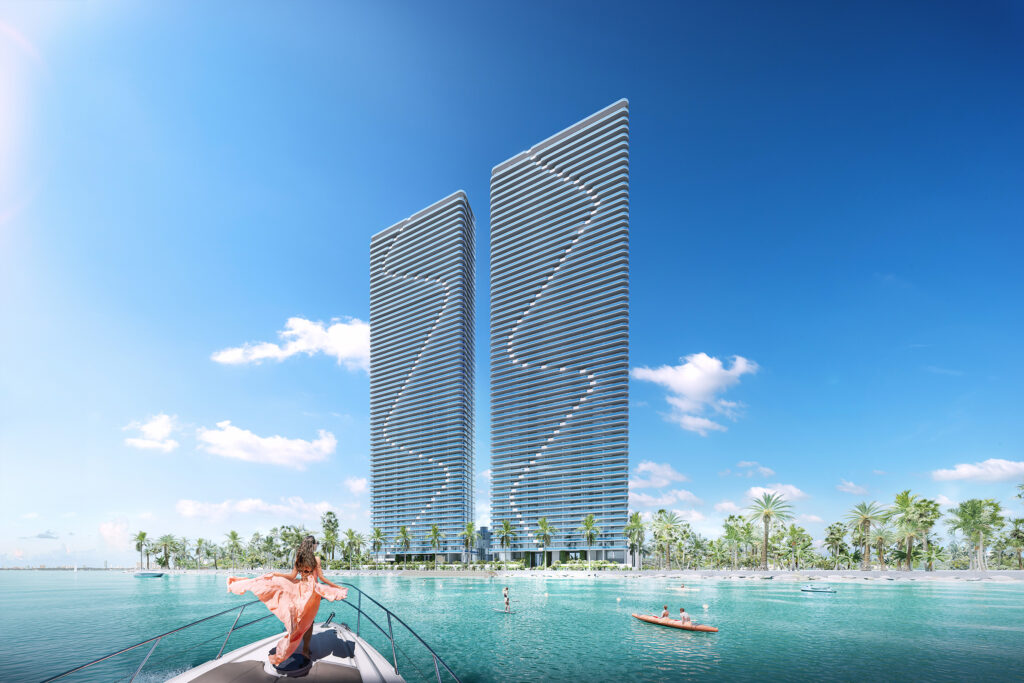Pre-sales in new construction offer a unique opportunity to get in on the ground floor—literally. Buying a home before it’s fully built can be exciting, especially for buyers who want to customize their living space and secure a property at today’s prices. However, it’s not without its challenges. If you’re considering a pre-sale, here’s what you need to know to make a confident and informed decision.
What Are Pre-Sales?
In the world of real estate, pre-sales happen when a developer offers homes for sale while the project is still in the early stages of planning or construction. At this point, you won’t be walking through a finished home. Instead, you’ll rely on floor plans, architectural renderings, and maybe a model unit or showroom.
Pre-sales are common in new construction communities, where developers use early sales to secure financing and gauge market interest. As a buyer, this can mean being among the first to choose a unit or lot, often at the most competitive price.
Why Buy Pre-Sale?
There are several reasons why pre-sales attract savvy buyers, but here are some of the top benefits:
- Lock in a Competitive Price
Pre-sale homes are typically priced lower than they will be when the project is complete. Buying early can lock in a deal at today’s market rate, even if property values rise during construction. - Make It Your Own
One of the biggest perks of buying pre-sale is the chance to personalize your new home. Depending on the builder, you may have options for finishes, flooring, countertops, cabinetry, and layout adjustments. - Build Equity Before You Move In
As construction progresses, your home’s value may increase. You could enter your new home with built-in equity, a major win for long-term financial growth. - Flexible Payments
Unlike a traditional resale purchase, pre-sale homes often require a smaller upfront deposit, with the rest paid in installments as the project progresses. This flexibility can make budgeting easier. - First Pick
Pre-sale buyers often get first dibs on the development’s best lots, units, or views. If you’ve ever dreamed of a corner unit with extra sunlight or a home near the park, buying early might be your chance.
The Challenges of Buying Pre-Sale
While the advantages are clear, pre-sales do come with risks that every buyer should understand:
- Construction Delays Are Common
Building a home is a complex process, and delays can happen. Weather, material shortages, labor strikes, or even permitting issues can push back your move-in date. - Market Uncertainty
If the housing market shifts during construction, the value of your home might not appreciate as expected—or it could even drop. - Non-Refundable Deposits
Most pre-sale contracts require an earnest money deposit. This deposit is often non-refundable if you decide to back out for reasons not covered by the contract. - What You See Isn’t Always What You Get
Floor plans and renderings can’t fully capture the look and feel of the finished product. While most developers aim to deliver what they promise, changes in materials or design may occur. - Developer Risk
Buyers could be left in a difficult position if the developer encounters financial trouble or doesn’t complete the project. This is why researching the builder’s reputation is crucial.
Questions to Ask Before Committing to a Pre-Sale
When considering a pre-sale, do your homework and ask the right questions to protect yourself and your investment:
- Who Is the Developer?
Look into the builder’s track record. How many projects have they completed? Are past buyers happy with their experience? - What’s in the Contract?
Review the sales agreement carefully, paying attention to timelines, deposits, penalties for delays, and what happens if the project is canceled. - What Are the Warranty Terms?
Make sure you understand what the builder’s warranty covers and for how long. - What’s the Timeline?
Ask for the estimated completion date and check if there are clauses for delays or compensation if construction runs late. - How Do Customizations Work?
Confirm the process, costs, and deadlines for submitting your preferences if you plan to make upgrades or changes.
Tips for Navigating Pre-Sales
- Bring an Expert
Working with a knowledgeable real estate agent can make a world of difference. They can help you navigate the contract, negotiate terms, and spot potential issues. - Visit the Showroom
If there’s a model home or showroom available, take advantage of it. Seeing materials and layouts in person will give you a better sense of what to expect. - Budget for Extras
Remember that upgrades and customizations can add up quickly. Be realistic about what you can afford and prioritize the most important features. - Understand Your Rights
Pre-sale contracts often include contingencies that allow you to back out under certain conditions, such as significant delays or changes to the project. Make sure you know your options. - Stay in the Loop
Developers often provide regular updates on the construction process. Stay informed and maintain open communication with your agent or the sales team.
Is a Pre-Sale Right for You?
Buying pre-sale isn’t for everyone, but it can be a fantastic opportunity for buyers who are willing to wait, want the chance to customize their home and see the value in getting ahead of the market. Like any real estate decision, it’s all about understanding the risks and rewards.
Have Questions About Pre-Sales?
We’ve helped countless buyers successfully navigate pre-sale contracts. Contact us today to learn more about opportunities in your market and how to maximize your investment.

